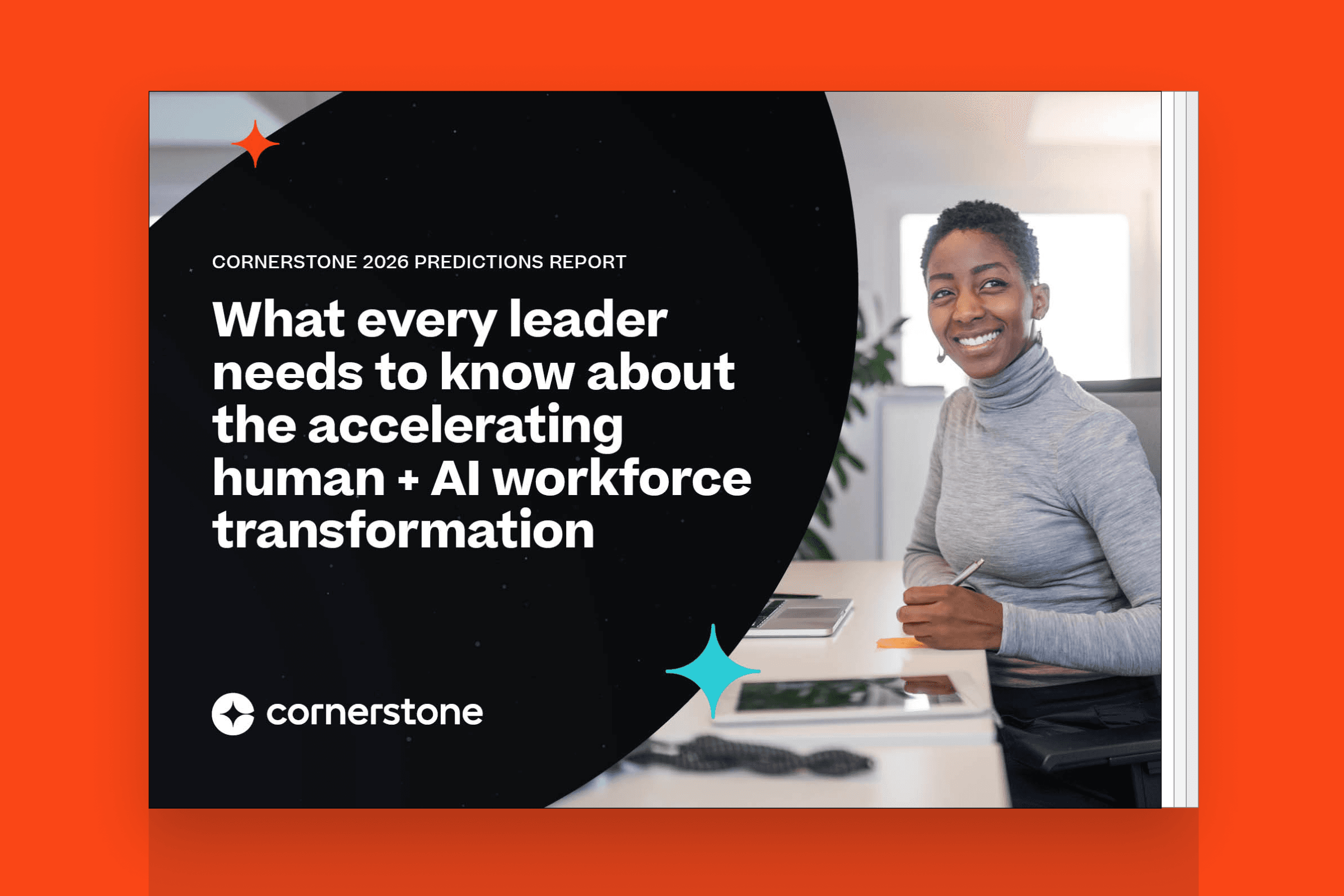This post is part of our monthly TED Talk Tuesday series, spotlighting can't-miss TED Talks and their key takeaways.
Daniel Pink is trying to change the way companies view the modern workplace. He is the author of five provocative books, including three long-running New York Times bestsellers: A Whole New Mind, To Sell is Human and Drive. The latter is the focus of this TED talk, and draws on 50 years of behavioral science to overturn conventional wisdom about human motivation. Dan has also been a contributing editor at Fast Company and Wired, as well as a business columnist for The Sunday Telegraph.
In his TED Talk, "The Puzzle of Motivation," Pink explores what motivates people and how company leaders can apply this research to their own organizations. He goes on to explain what social scientists know, but most managers don't: Traditional rewards aren't always as effective as we think.
Watch the video below and read on for three key takeaways from his talk.
"There is a mismatch between what science knows and what business does."
In business, when you need to meet a specific sales goal or want employees to help brainstorm a new product, it's natural or even expected to offer a financial incentive as motivation. But Pink reveals that social psychologists have proven incentive-based rewards not only fail to inspire, but can also dull thinking and block creativity. "This is one of the most robust findings in social science, and also one of the most ignored," Pink explains. We need to find a new way to motivate employees—one based on intrinsic factors rather than extrinsic ones.
"[The] new operating system for our businesses revolves around three elements: autonomy, mastery and purpose."
Scientists who have been studying motivation have found these three elements are key to intrinsically motivate people. People want autonomy over their lives. They want to master their craft. And they want to be involved with something greater than themselves. If you can find a way to incorporate these three things into your company culture, Pink says, you will be much more successful at motivating people to be creative and thoughtful.
"Traditional notions of management are great if you want compliance. But if you want engagement, self-direction works better."
In today's "always-on" world of work, employers often struggle to find the best way to engage their employees. But maybe the solution comes down to rethinking the way we manage people. Pink explains that providing employees with autonomy can inspire more personal investment in the work. He offers Google as an example: Every engineer at Google gets to spend 20 percent of their time working on anything they want. The result? About half of Google's new products in a year are "birthed" during that 20 percent time—including things like Gmail and Google News.


